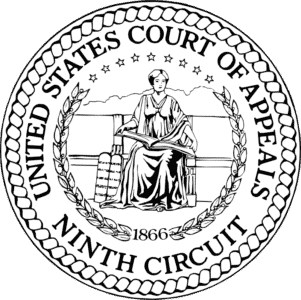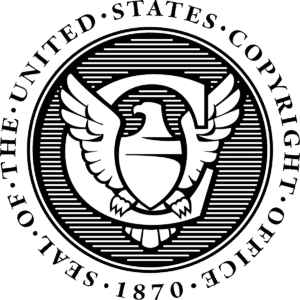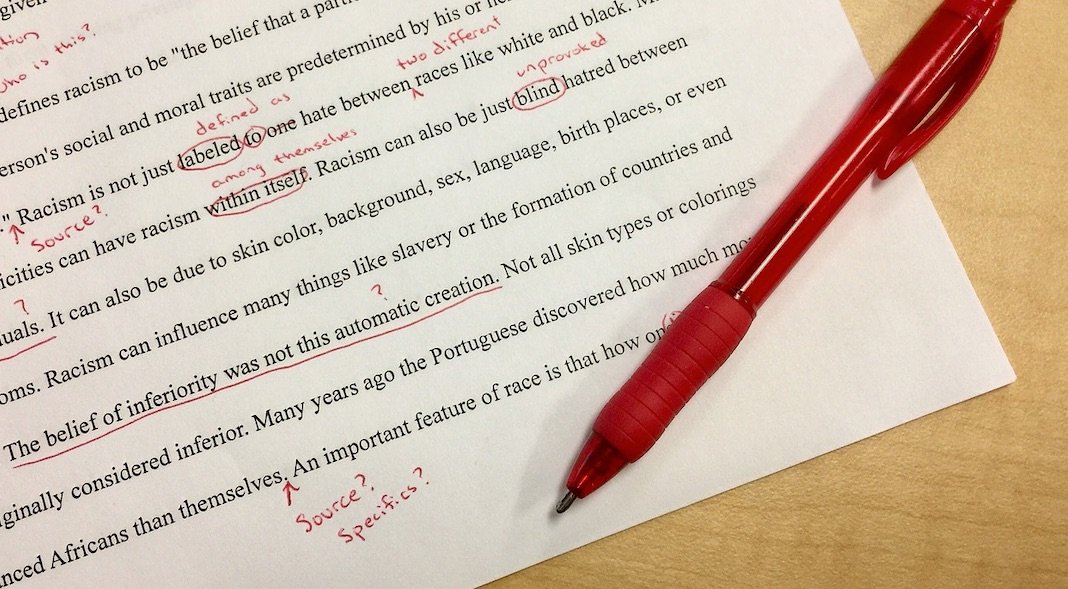The Dangers of Getting Copyright Registration Wrong
Don't screw up...

Earlier this week, the United States Court of Appeals for the Ninth Circuit handed down ruling (PDF) that highlights not just the dangers of messing up a copyright registration, but the perils of the registration requirement more broadly.
The case centers around a company known as Fiesta Fabric. They filed a a lawsuit against Sanctuary Clothing claiming that the company had copied one of its fabric designs. All in all, it was a fairly dull and mundane copyright case, like countless others involving fabric prints.
However, things took a turn when the lower court ruled that Fiesta Fabric’s copyright registration was invalid and, even worse, the company owed Sanctuary Clothing $121,423.01 in attorney’s fees and costs.
In short, the person who is claiming they were infringed is having to pay the alleged infringer without the case ever reaching the trial.
That decision was upheld by the Ninth Circuit, leaving both the dismissal of the case and the attorney’s fees intact.
If that sounds troubling, things get even worse when we look at the reason that registration was ruled invalid as the grounds it was ruled involves one of the most complicated and confusing aspects of any copyright registration.
Published vs. Unpublished

The reason for the issue is that the registration that included the design at issue, the 1461 design, was part of a group of registration. However, according to the courts, this registration included a mix of published and unpublished works, something that you cannot do.
When registering a work with the U.S. Copyright Office, you have to designate whether it is published or unpublished. Though unpublished works can be easily grouped together, making them very economical to register (though new rules limit that to 10 works), published works can only be grouped together if they are published on the same day.
According to the court, the 1461 design was published because, prior to registration, Fiesta had sold about 190 yards of fabric featuring the design. Fiesta had argued that this was for the limited purpose of securing a much larger contract. They viewed this sampling as limited distribution did not constitute a publication.
According to the law, a work is considered published when it is distributed “to the public by sale or other transfer of ownership, or by rental, lease, or lending” or is offered for distribution “to a group of persons for purposes of further distribution, public performance, or public display.” This, ruled the court, was enough to deem the design as published when it was not published.
With this information, the court then approached the Register of Copyrights to see if this mistake would have resulted in the registration being rejected had the error been known at the time of registration. The Register answered that it would.
Courts, in the past, have ruled that “good faith” mistakes in the registration process do not necessarily preclude an infringement action. Examples in the ruling include Unicolors, Inc. v. Urban Outfitters, Inc., where the plaintiff inadvertently excluded source artwork from the registration application.
However, the courts ruled that Fiesta “knowingly” included inaccurate information in its registration because Fiesta provides “no reasonable basis” for its belief that limited sales for sampling provided did not cause it to be considered “published”. This is bolstered a by a later registration application for the design that listed the work as being published on March 12, 2013.
That said, the court did say that, “there was no evidence that the claimant intended to defraud the Copyright Office” but simply that, following the PRO IP Act of 2008, the definition of “knowingly” providing false information does not necessarily mean that there was an intent to defraud.
Because of this, both the lower court and the appeals court felt strongly enough about Fiesta Fabric’s issues that they not only tossed the case, but ordered them to pay over $120,000 in attorney’s fees to the defendant.
It is unclear if Fiesta is planning on petitioning the Supreme Court in this case.
The Problem Grows
The dichotomy between published and unpublished work is, to put it modestly, confusing.
While there are many situations where a work is clearly published or unpublished, such as an unreleased novel (unpublished) or a song that’s actively for sale (published), the dichotomy often breaks down on the internet.
Take for example this blog. Is it published or unpublished? Though I don’t offer copies of it for sale, the U.S. Copyright Office has previously said that social share and print buttons are seen as an intent to distribute copies. As a result, it probably is considered published.
While that has the impact of making registering this site completely impractical (it would cost either $35 per day or $55 per day depending on if there were multiple posts) it also raises questions as to what happens to someone who registers a site as an unpublished work without knowing the rules.
Though the courts point to Archie MD, Inc. v. Elsevier, Inc., which found that an error in determining publication status did not preclude an infringement claim since it involved an “unsettled legal question”, if a court determines that the error was done knowingly, it can not only derail the lawsuit, but result in the plaintiff being forced to pay the defendant’s legal fees.
If this seems insane, it’s because it is. While clearly deliberate falsehoods should be punished, making a technical mistake on paperwork shouldn’t invalidate an infringement claim. All this serves to do is make the registration process even more frightening to laypeople than it already is. It also causes it to be less accessible and more costly by making it impractical to do without legal help.
It’s yet another reason we really need to end the registration requirement and bring ourselves in line with every other country on earth by not requiring a registration to file a lawsuit or seek maximum damages.
Bottom Line
To be clear, there are ways the U.S. Copyright Office could alter the registration process to make it easier and more accessible. But, in the end, it’s the paperwork itself that’s the problem.
We are all human beings and we will find magical and exciting ways to screw up. No matter how simple the process is, many will find a way to goof it up. But even if they don’t, any expense will disenfranchise poor creators and the fact that there is any process at all will disenfranchise those unaware they need to register their works.
Between this and the recent Supreme Court ruling that makes so that you have to wait for a completed registration (currently averaging 4 months) before filing a lawsuit and the recent USCO move to greatly reduce the number of works that can be filed in one registration, the registration system is actively hostile to creators, especially small ones.
This case just drives the point home that the copyright registration system doesn’t help creators. Especially when it torpedoes claims of infringement early and then saddles plaintiffs with paying opposing attorney’s fees.
Want to Reuse or Republish this Content?
If you want to feature this article in your site, classroom or elsewhere, just let us know! We usually grant permission within 24 hours.
